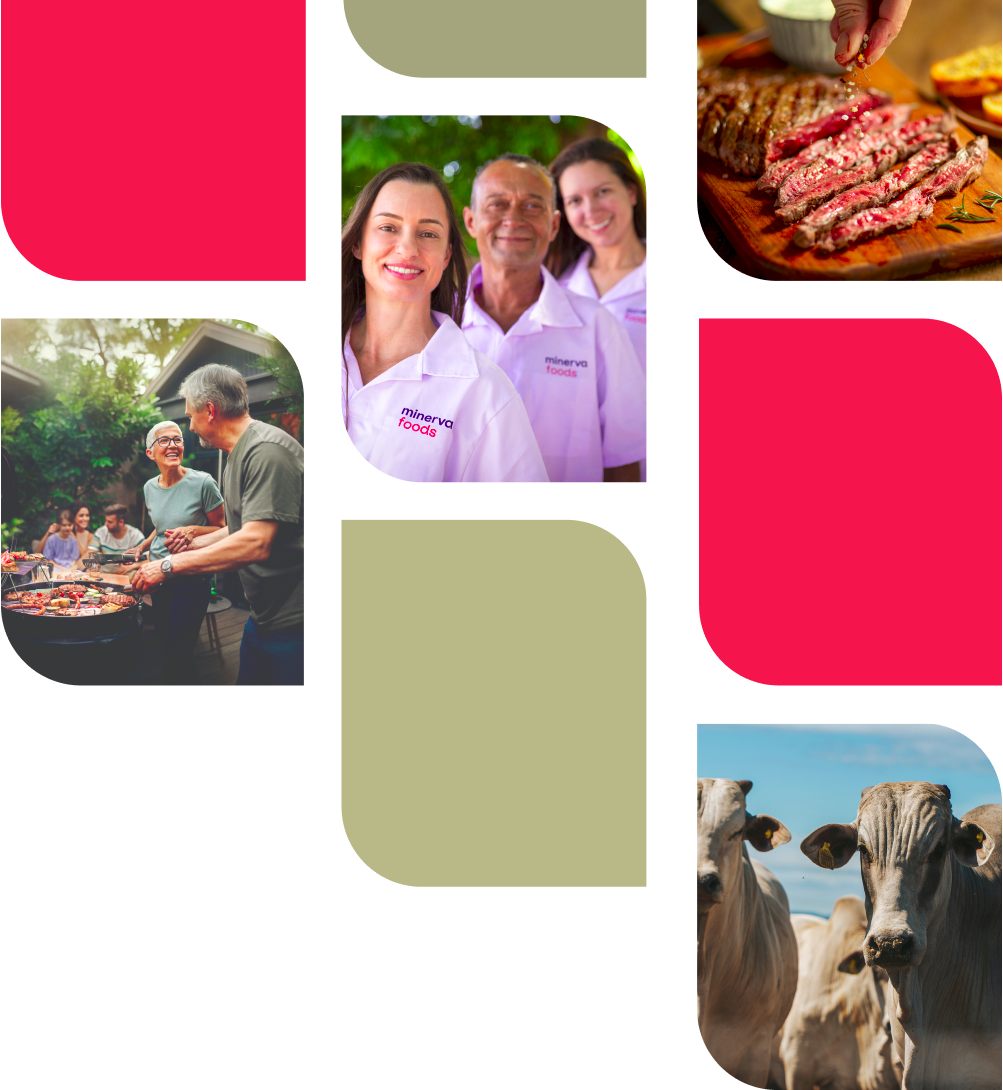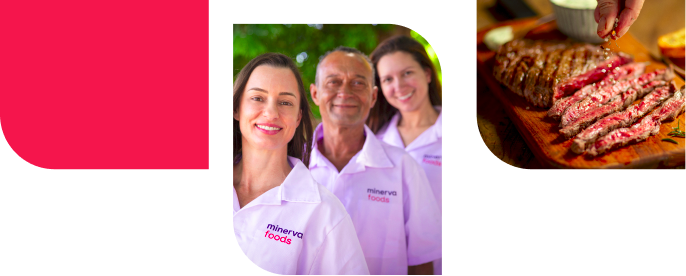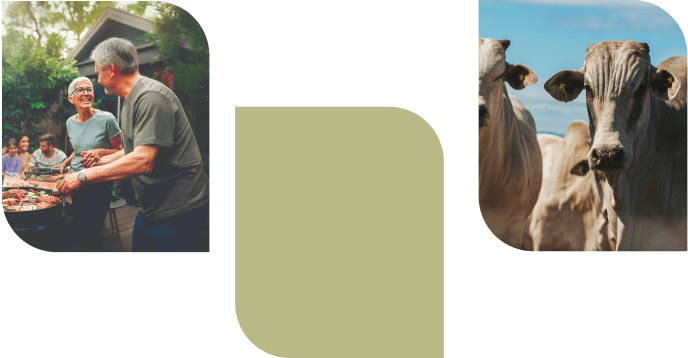Animal Welfare
Our commitment also includes advancing animal welfare practices and ongoing efforts at Minerva Foods.
We recognize animals as sentient beings and are dedicated to applying the Five Domains of Animal Welfare, as recommended by the Farm Animal Welfare Committee (FAWC), across our operations and supply chain.
Access:









 Read Our Commitment to Sustainability
Read Our Commitment to Sustainability
 Read Our Commitment in the Animal Welfare Report
Read Our Commitment in the Animal Welfare Report